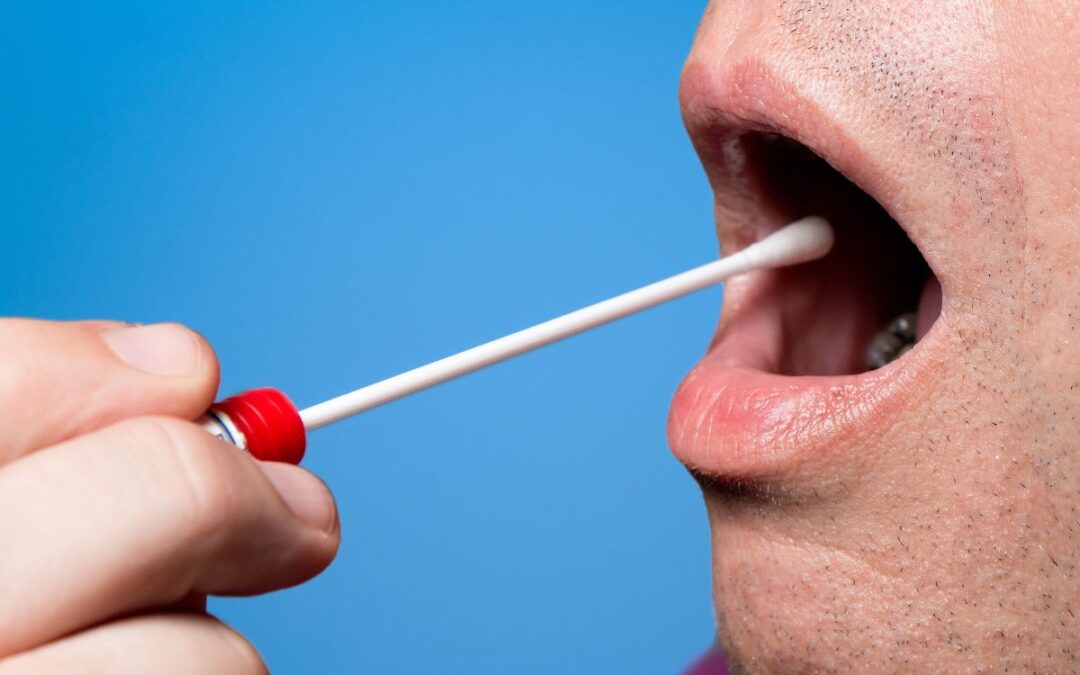Sibling DNA testing is a specialized genetic test used to determine the biological relationship between two individuals who claim to be siblings. This test can help establish whether two people share one or both biological parents, or if they are half-siblings. Sibling DNA testing is especially useful in cases where one or both parents are not available for testing.
Types of Sibling DNA Tests
There are several scenarios for which a sibling DNA test may be conducted:
- Full Siblings:
- This test determines whether two individuals share both biological parents (mother and father). A full sibling relationship is confirmed when both individuals inherit DNA from the same two parents.
- Half-Siblings:
- This test determines whether two individuals share only one biological parent (either the mother or father). Half-siblings inherit DNA from only one common parent, and the test compares the amount of shared DNA to establish the biological relationship.
- No Common Parent:
- In cases where two individuals suspect they may not share any biological parent, the test can confirm whether they are unrelated. This result indicates that the individuals are not biologically related.
How the Sibling DNA Test Works
- Sample Collection: DNA samples are typically collected through a painless cheek swab from both alleged siblings. If a known parent is available (the common parent), their DNA can also be included to increase the accuracy of the results.
- DNA Analysis: The DNA samples are analyzed in a lab to look for shared genetic markers between the two alleged siblings. The degree of shared DNA will determine whether they are full siblings, half-siblings, or not related.
- Results:
- Full Siblings: If the test shows a high level of shared DNA, the individuals are likely full siblings.
- Half-Siblings: A moderate level of shared DNA indicates that the individuals share one biological parent.
- Unrelated: A low or no level of shared DNA means the individuals do not share any biological parent.
Why You Might Need a Sibling DNA Test
- Legal Reasons: Sibling DNA testing can be used in legal situations such as inheritance disputes, immigration cases, and social security claims, where establishing biological relationships is essential.
- Personal Reasons: Some individuals seek sibling DNA tests for personal knowledge or to confirm biological relationships in cases of adoption or family separation.
- Peace of Mind: If there is uncertainty about sibling relationships, this test offers a definitive answer and provides peace of mind.
Benefits of Sibling DNA Testing
- Non-Invasive: The test requires only a simple cheek swab from both individuals, making it easy and painless.
- Highly Accurate: Sibling DNA tests are based on comparing the shared genetic markers, offering a high degree of accuracy.
- Court-Admissible: In legal cases, sibling DNA tests can be used as evidence if the proper chain of custody is followed during sample collection.
Conclusion
Sibling DNA testing is a valuable tool for determining whether two individuals share one or both biological parents. Whether you are seeking answers for legal, personal, or family reasons, sibling DNA tests offer a reliable way to confirm biological relationships, even when parents are not available for testing.


